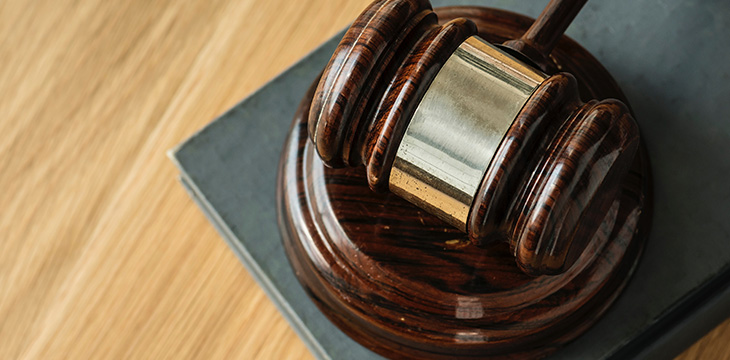|
Getting your Trinity Audio player ready...
|
A former employee of the company behind Zcash has filed a legal challenge over $2 million in unpaid shares, according to court documents made public.
The ex-staffer raised the action after failing to receive $15,000 allegedly owed in 2016 from Zerocoin, now known as the Electric Coin Company, Cointelegraph first reported.
Further, employee Simon Liu further suggests the company did not have the legal authorization to issue equity to staff in any event, and that senior executives at the company knew this to be the case.
The lawsuit claimed, “Plaintiff is informed and believes, and thereon alleges, that Zerocoin did not have the authorization to issue common stock to employees in 2016, and that Defendants, and each of them, were aware that Zerocoin did not have such an authorization.”
Liu also says his requests to view supporting documents from the company were denied.
Zcash was first released in 2016, as an attempt to provide a private alternative to SegWitCoin BTC, introducing a shielded pool for private transactions. However, the cryptocurrency has run into difficulties in recent months, since collapsing from its all-time highs of January 2018.
The case is only the latest blow for Zcash, which has struggled in recent months amid widespread dumping, with some commentators suggesting the case would only deepen the difficulties being experienced by the cryptocurrency.
Once trading at up to $900, Zcash was trading today at just $79. Neither the company nor the CEO Zooko Wilcox were prepared to comment on the developments.
Zerocoin rebranded as the Electric Coin Company earlier this year, in a bid to distinguish itself more clearly from the non-profit Zcash Foundation.
Mining hardware firm Bitmain launched its first dedicated Zcash mining device earlier this year, yet appear to have done little to stem the demise of the cryptocurrency.
With the latest case pending due process, Electric Coin Company could now find itself on the hook for a substantial payout should the case go against them.
Presented before the Superior Court of California for the County of San Francisco, the action was first filed on May 29.

 03-04-2026
03-04-2026 




